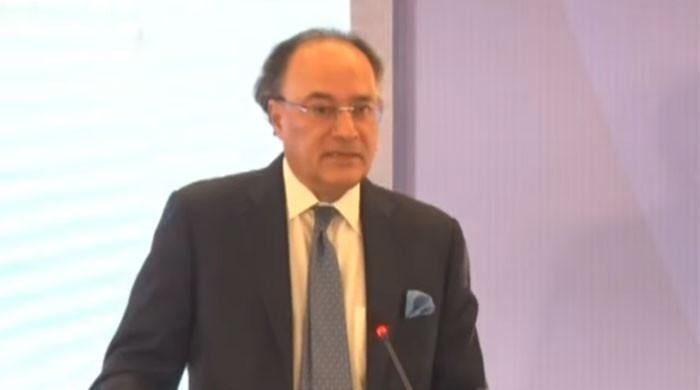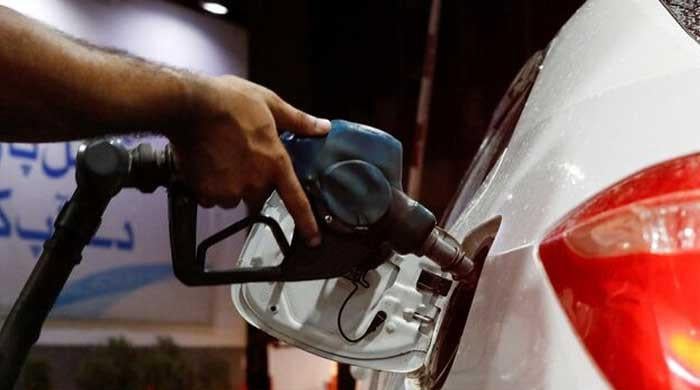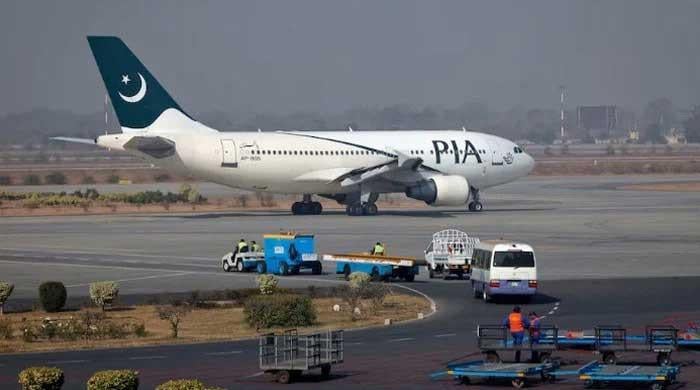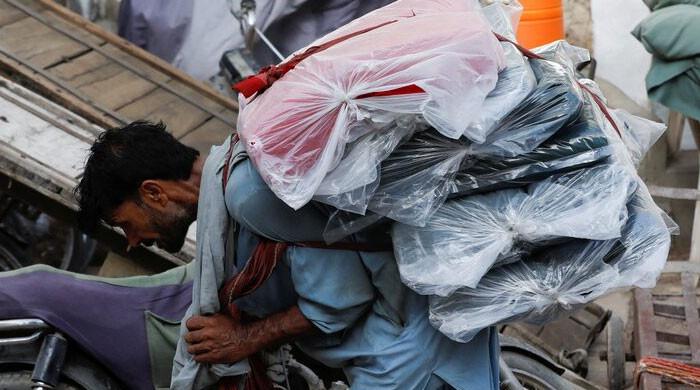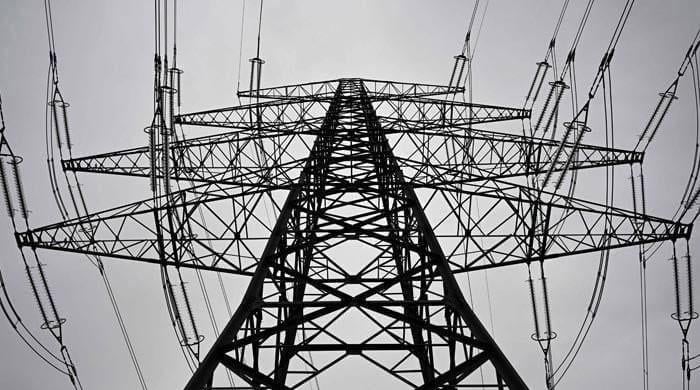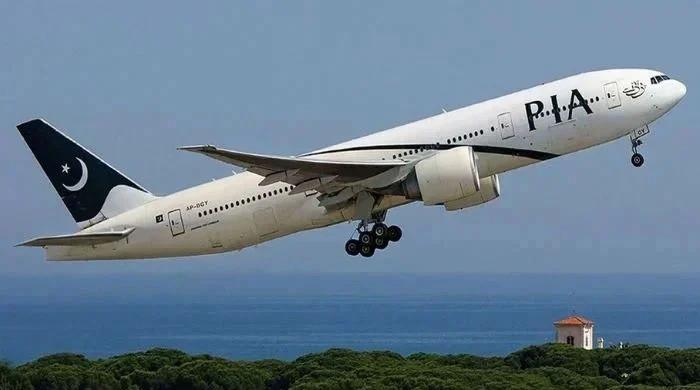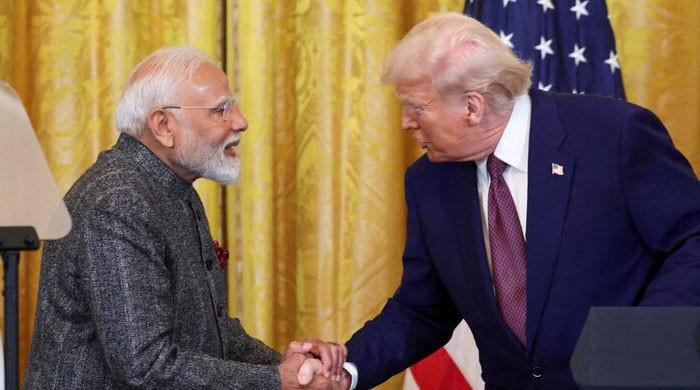Pakistan sends back letter of intent to IMF, paving way for board meeting
Miftah Ismail confirms LoI sent after fulfilling pre-requisites; govt assures IMF of increasing petrol price
August 17, 2022
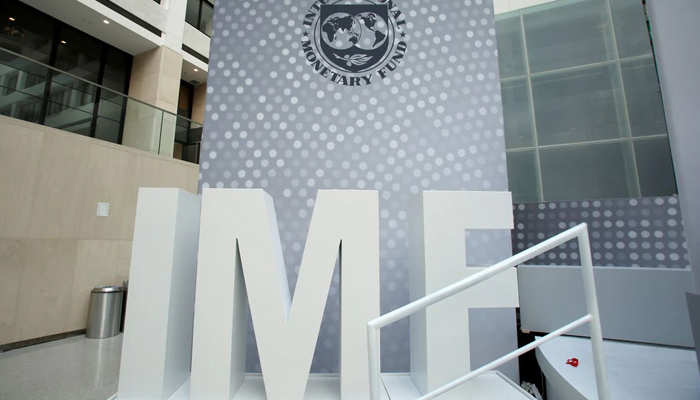
- Miftah Ismail confirms LoI sent after fulfilling pre-requisites.
- Govt assures IMF of increasing price of petroleum products.
- IMF's executive board meeting is scheduled for August 29.
ISLAMABAD: Finance Minister Miftah Ismail confirmed Wednesday that the government has sent the letter of intent (LoI) back to the International Monetary Fund (IMF) after fulfilling the pre-requisites, paving the way for the executive board's meeting.
In his conversation with journalists, the finance minister said that the document — received on August 12 — was sent to the lender after his and State Bank of Pakistan (SBP) Acting Governor Murtaza Syed's signatures.
The development has paved the way for the IMF’s August 29 executive board meeting, where Pakistan's request to approve seventh and eighth reviews and release a tranche of $1.17 billion under the Extended Fund Facility (EFF) will be taken up.
The IMF programme got stalled in February 2022 when the PTI-led government announced untargeted fuel and electricity subsidies soon after getting approval on completion of the sixth review and release of $1 billion tranche from the IMF.
Amid dwindling foreign currency reserves, which have reduced to $7.8 billion held by the SBP, the revival of the IMF programme was a must to bridge the external financing gap.
The challenging situation would persist because Pakistan would have to build up its foreign currency reserves to avoid the emergence of a default-like situation. It seems that after the completion of the ongoing EFF programme in June 2023, Pakistan would have to seek another IMF programme in the next fiscal year.
In response to a question, the finance minister said that no decision has been taken about introducing new taxes through an ordinance. "The prime minister will make a final decision in this regard."
‘Relief’
Development economist Maha Rahman, while speaking to Geo.tv, said that this development has been in the making for a long time this year and “it is a relief” for the markets and the citizens to see this actually go through after the Saudi guarantee.
She, however, added that it will be critical to deliver on the promised measures in what one can only hope for, a politically stable environment.
“From thereon, I think it is critical and I have repeated this several times, to at least start planning for refreshed outlook of working on increased productivity and restoring investor confidence in the country,” she added.
Petrol prices to increase
In the LoI, according to sources, Pakistan has assured the Fund that the government will increase the price of petroleum products by imposing a levy of up to Rs50.
Sources told Geo News that the federal government will impose a levy of Rs10 on petrol and Rs5 on diesel from September 1, while it will increase it to Rs30 on petrol and Rs15 on diesel from September 16.
They added that the government will gradually increase the petroleum levy and take it up to Rs50 by 2023.
Pakistan assets rally
Pakistan’s rupee, bonds and stocks are rallying as investors bet the nation will win a bailout from the IMF this month and avoid a default.
Dollar bonds due in December were indicated at about 95 cents on the dollar on Tuesday from a low of 85 cents in July, as investors turn more confident the debt will be repaid.
The rupee surged 11% this month to 213.87 per dollar as of Monday, the biggest gainer in the world. The benchmark stock index climbed 9%, the top performer in Asia after Sri Lanka.
Pakistan has adopted austerity measures to win approval from the IMF to resume its stalled bailout package as frontier nations from Egypt to El Salvador battle the threat of a default.
Fitch Ratings and Moody’s Investor Service said in late July they expect the nation to secure $1.2 billion from the IMF, while Saudi Arabia is said to renew its $3 billion deposit in assistance, easing financing pressure on Pakistan.
After completing a slew of difficult prior actions, Pakistan finally received staff-level approval to resume and extend its IMF program, which should pave the way for board approval barring any policy mistakes,” said Patrick Curran, a senior economist at London-based research firm Tellimer Ltd. “With the program back on track, Pakistan will be given additional runway to avoid a crisis.”





